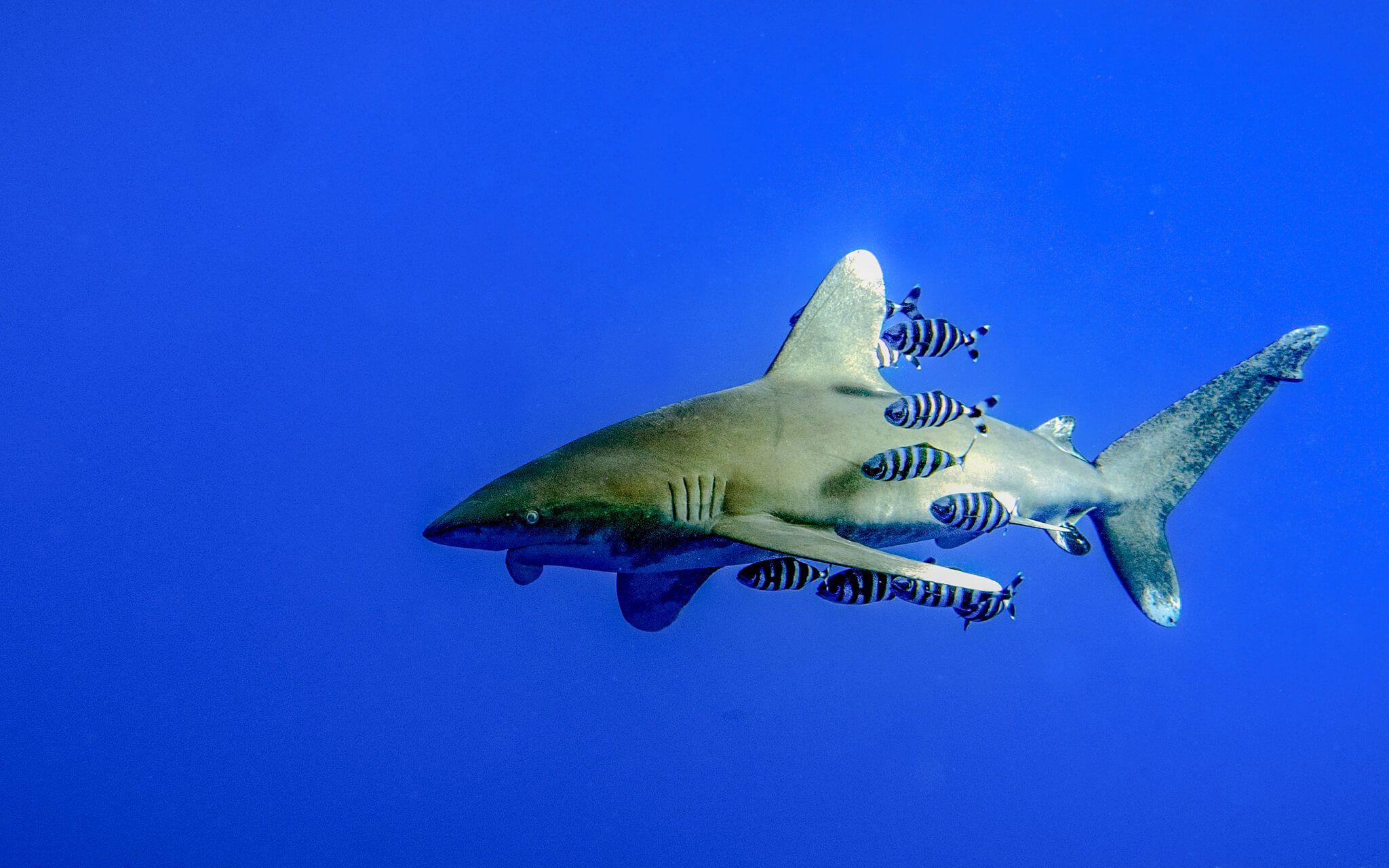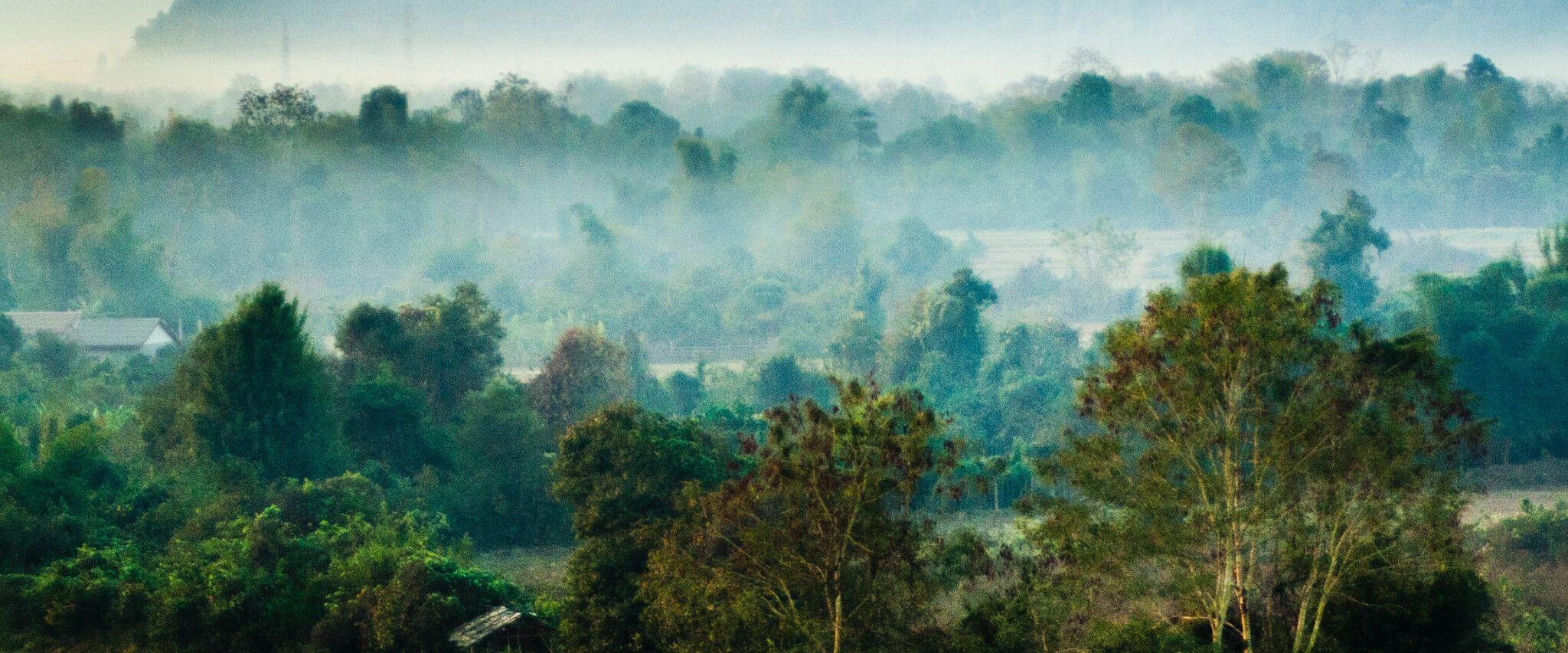Giving Voice to the Voiceless in East Africa
Ifrah Noor, a young journalist and climate advocate, has made it her mission to inspire, educate, and empower those around her, championing positive change throughout East Africa.
At only 16 years old, my leadership journey began with Voice Giving.
Voice Giving revolved around an environmental awareness initiative named ‘TAKA NOMA’ (Trash is not cool). Our mission was to educate, inspire, and instil behavioural change among the locals. To start, we strategically selected the three busiest bus stations across the vibrant city of Dar es Salaam. We cleaned the bus stops, installed trash cans, and held information sessions within the communities to stress the importance of conserving the environment.
Alums of the BoldLeaders Programme, a United States leadership initiative for young people worldwide, founded our young (but mighty) initiative. Together, our small group of passionate teenagers was committed to empowering the voiceless in our community.
The choice of bus stops as our focus was deliberate. These locations acted as convergence points for diverse individuals of varying statuses, ages, and religions, though they were often marred by pervasive littering. Those initial weekends were etched with unforgettable moments. Public bewilderment was evident as locals watched us picking up trash. While some left in disbelief, others inquired, shocked at what they perceived as a 'waste' of time.
This dissent was echoed by family and schoolmates, sceptical of our efforts, claiming I had not been myself lately. Some claimed that such endeavours were exclusively suited for Americans. Despite the scepticism, I persisted, arguing the initiative's significance to our community.
Over time, some friends and family members began supporting and participating in our activities; others remained indifferent.
However, our perseverance bore fruit. Our three bus stops became the cleanest in the city, and the locals using these stations began to adopt our methods. Bus riders became aware and refrained from littering. We even inspired bus owners to install mini trash cans in their buses, and bus conductors became vigilant guards of their passengers, scolding offenders who dared to throw things on the ground.
We had changed the behaviour of an entire neighbourhood.
Our success gave rise to one of my core values: at every level, we need to highlight the importance of sustainable practices, the necessity of inclusivity in environmental action, and the impact of policy in shaping a climate-resilient future.
Our success gave rise to one of my core values: at every level, we need to highlight the importance of sustainable practices, the necessity of inclusivity in environmental action, and the impact of policy in shaping a climate-resilient future.
After months of hard work, other bus stops followed suit, and in 2014, Voice Giving secured a grant from the US embassy in Dar es Salaam to enhance efforts in other bus stops. In 2015, we launched #CLEANDARBY2020, a five-year, larger-scale version of the TakaNoma campaign, envisioning a climate-friendly and clean Dar es Salaam by 2020.
In 2018, I relocated to Mogadishu, Somalia, with my family, embarking on a new chapter in a country often perceived negatively due to its environmental challenges and political instability. Despite facing these unfamiliar hurdles, I gradually adapted to the social landscape and In 2022, I became a journalist, illuminating stories of development, climate action, and culture.
I discovered a testament to Somalia’s strength in the Organization for Social Inclusion of Somalia (OSIS). This youth-led group is dismantling barriers for people with disabilities (PWDs). By fostering inclusivity in media and equipping journalists with sign language skills, they champion the rights and representation of PWDs, showcasing the transformative power of youth advocacy.
Now, as a journalist, I recognise that we must share more stories that shed light on climate change, the resilience of climate-affected communities, and the urgent need for better policies on climate change in Somalia and beyond. These stories are not just reports but narratives of hope, struggle, and innovation that can inspire action and drive meaningful change.
Our commitment to environmental conservation and community empowerment isn’t just about clean streets or beaches; it's about building a culture of sustainability and respect for our planet that can be passed down to future generations.
Tenacity, perseverance, and hope must become our lens, pushing us to examine our communities and create a healthier, cleaner environment for all.
Most Popular
The Climate Tribe delivers stories about Biodiversity and Conservation, Circular Economy, Food and Water , and how they intersect with climate.
Subscribe
Get the latest stories inspiring climate action around the globe straight to your inbox.






